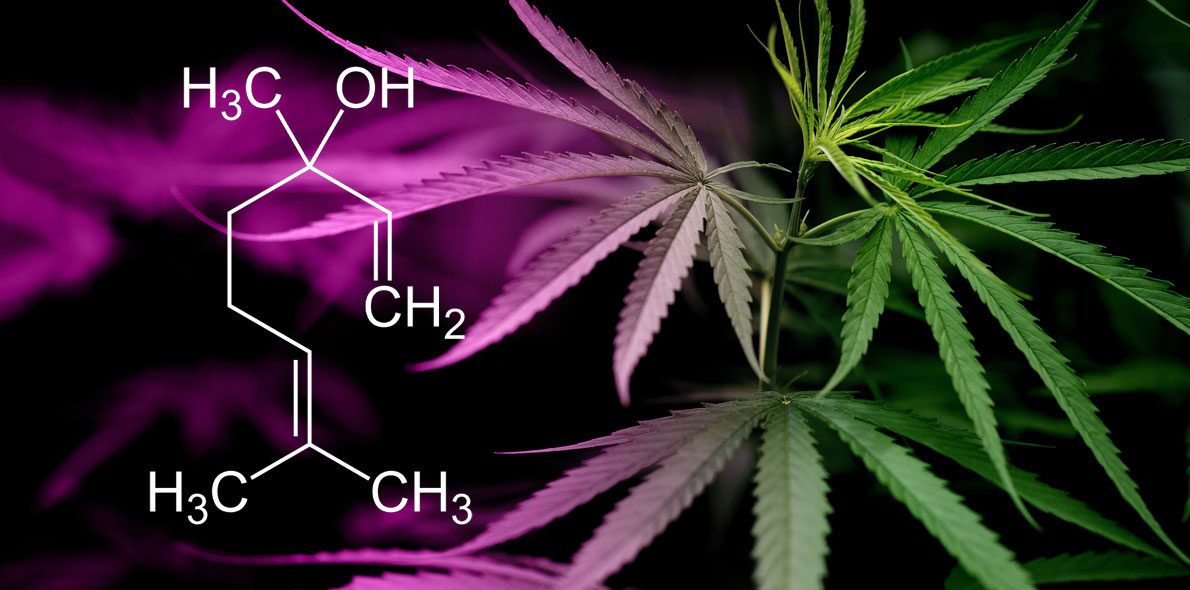
The potential benefit of linalool in the fight against alzheimer’s
By: Rebeca Argudo Medical
Kannabia Seed Company sells its customers hobby (collection) seeds for personal use. Its germination and cultivation is prohibited. The buyer undertakes to consult the legislation in force in his country of residence to avoid incurring in the performance of an illegal activity.
 Fast free shipping
Fast free shipping Iberian Peninsula express shipping
0€ Orders over 60€
*6€ orders under 59€
East, West, South Europe express shipping
0€ Orders over 150€
*18€ orders under 149€
North Europe express shipping
0€ Orders over 160€
*20€ orders under 159€
Ireland, Norway, UK normal shipping
0€ Orders over 60€
*6€ orders under 59€
Rest of the world normal shipping
0€ Orders over 180€
*25€ orders under 179€
Shipping costs can be confirmed in your shopping cart.
For additional shipping methods, please reach out through info@kannabia.com.
 Coupons
Coupons 

*Your coupon will be sent via email.
 Customer support
Customer support 
*Should you have any question, comment or feedback, please do not hesitate to contact us.